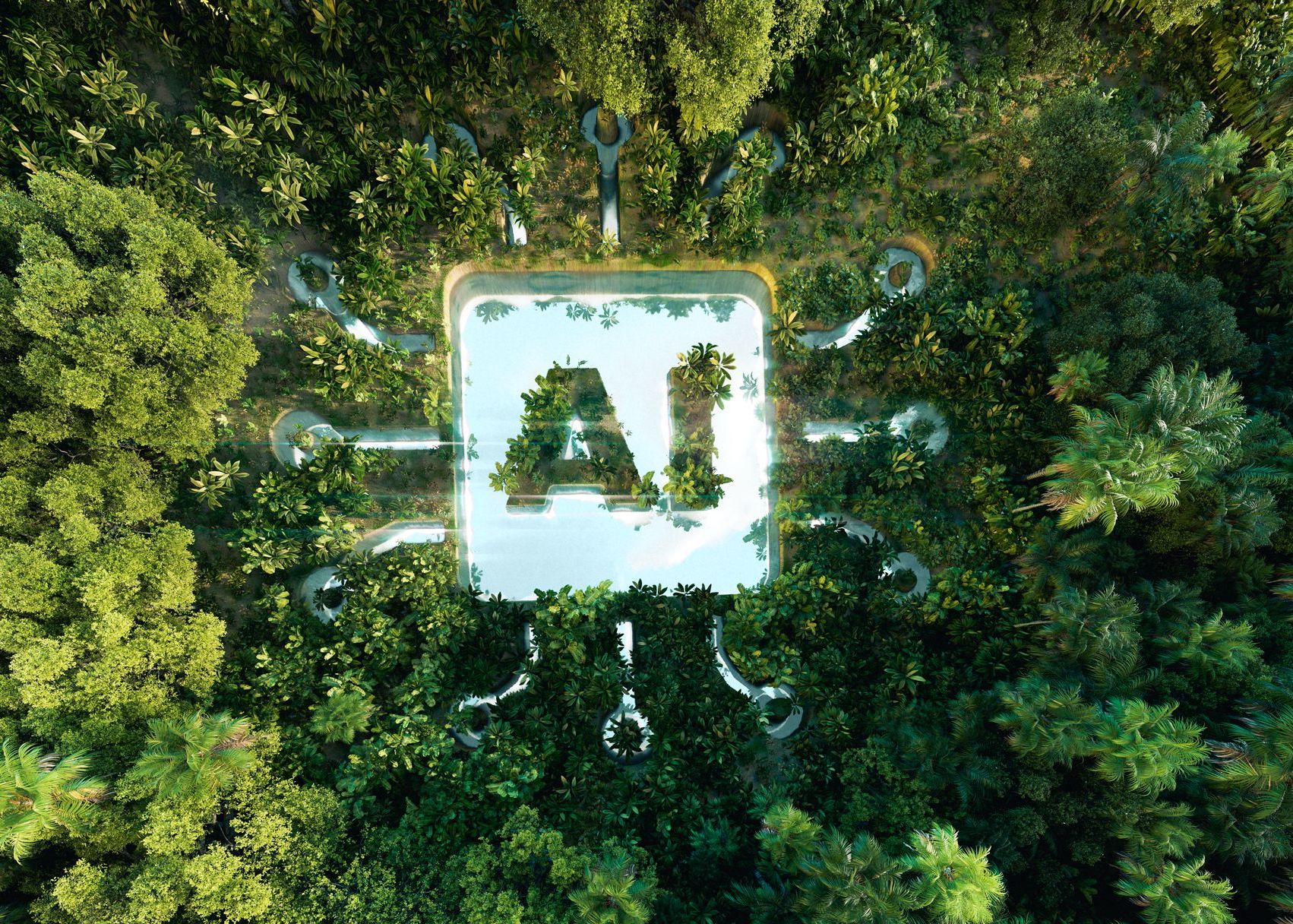Artificial intelligence (AI), once relegated to the realm of science fiction, is now a tangible reality. We've witnessed its evolution from basic search engines and recommendation algorithms to sophisticated tools like speech recognition and self-driving cars. The last decade, in particular, has seen remarkable progress in AI, largely due to advancements in deep learning and the revolutionary transformer architecture.
To truly grasp AI's potential, it's crucial to understand its different forms:
- Narrow AI, as seen in Siri and Alexa, focuses on specific tasks within predefined boundaries. It lacks consciousness and broader understanding.
- General AI, still a theoretical concept, would possess human-like reasoning and learning capabilities across various domains.
- Artificial superintelligence (ASI), an even more ambitious concept, envisions intelligence surpassing human capabilities and potentially achieving self-awareness.
While cutting-edge AI solutions like large language models (LLMs) and ChatGPT exhibit impressive human-like interactions, they remain classified as Narrow AI. Despite their remarkable performance, they are designed for specific tasks without possessing true general intelligence or deeper understanding.
Revolutionising sustainable business practices
AI can enhance sustainable business practices by transforming the way we analyse data. It swiftly processes vast datasets, providing valuable insights into various aspects of business practices. For example, it can analyse energy consumption patterns, identify efficiency improvements and offer customised solutions that create tangible value for companies. By efficiently managing massive data volumes, AI also empowers sustainability professionals to develop robust strategies and model various climate scenarios, enabling them to anticipate and proactively address potential challenges.
Beyond data analysis, AI is also significantly impacting the automation of repetitive tasks like data entry, report generation, or routine email updates. This frees up valuable time for sustainability professionals, allowing them to focus on strategic, high-value activities that require their expertise and insights. AI's adaptive learning capabilities further enhance its value by enabling personalised recommendations tailored to each organisation's specific context.
It's important to emphasise that AI is not a replacement for sustainability experts. Instead, it serves as an ally, enhancing their capabilities and allowing them to leverage their expertise more effectively. This human-AI collaboration provides the best outcomes for companies, combining the speed and precision of AI with the strategic thinking and domain knowledge of human experts.
How to address AI challenges and embrace its potential?
A multi-faceted and proactive approach is crucial. This involves addressing both technical and societal challenges to ensure responsible and ethical AI development and deployment in the pursuit of sustainability goals.
Addressing bias and ensuring equity
AI systems can inadvertently perpetuate societal biases present in their training data, leading to discriminatory outcomes. The example of biased facial recognition technology highlights the importance of addressing this issue. To counteract this, rigorous data collection and preprocessing techniques, as well as ongoing monitoring and auditing of AI models, are essential to identify and mitigate biases.
Additionally, concerns about job displacement due to AI's automation capabilities, especially in sectors with repetitive tasks, need to be carefully considered. Investing in upskilling and reskilling programs for workers in these sectors can help them transition to new roles, ensuring a just and equitable shift towards a more sustainable future.
Minimising environmental impact
The environmental impact of AI, with its significant energy consumption for training and operation, is a growing concern that cannot be ignored. Developing energy-efficient AI models and exploring alternative energy sources for AI operations are crucial steps towards reducing its carbon footprint and aligning AI with environmental sustainability goals.
Using AI for sustainability goes beyond making small improvements, like using less fuel in cars. AI can be used to deliver systemic changes, for example, helping cities develop better public transportation systems and encouraging people to walk or bike more.
To achieve meaningful change, AI needs to understand what a sustainable future looks like, not just how we've been doing things in the past. Using the above example, this means collecting data about what we want our cities, transportation, and accessibility to be like in the future.
Promoting transparency
Another pressing issue is the lack of transparency and accountability in many AI systems, often operating as opaque "black boxes." Understanding their decision-making processes is paramount, especially in the context of sustainability, where transparency and ethical considerations are fundamental. For instance, if AI is used to recommend ecological transportation options, the criteria and preferences driving these recommendations must be transparent to ensure public trust and prevent hidden biases. Open information about how AI makes decisions can foster trust and ensure that sustainability transformations are equitable and inclusive.
Safeguarding data and security
AI's reliance on extensive datasets raises serious concerns regarding data privacy and security, as unauthorised access could result in significant privacy breaches and misuse of sensitive information. Ensuring robust data protection measures and developing AI systems that prioritise privacy by design are essential for building trust and ensuring the responsible use of AI in sustainable business practices. The vulnerability of AI systems to adversarial attacks also poses risks in critical applications that could undermine sustainability efforts, emphasising the need for robust security measures to protect AI systems from malicious actors and ensure their integrity.
A collaborative approach for a sustainable future
Collaboration between AI experts, sustainability professionals, policymakers, businesses, and civil society is key to developing ethical guidelines and standards for AI. This collaborative approach ensures that AI is used responsibly and for the benefit of society and the environment, creating a future where AI truly serves as a force for good in our quest for a more sustainable and equitable world.


